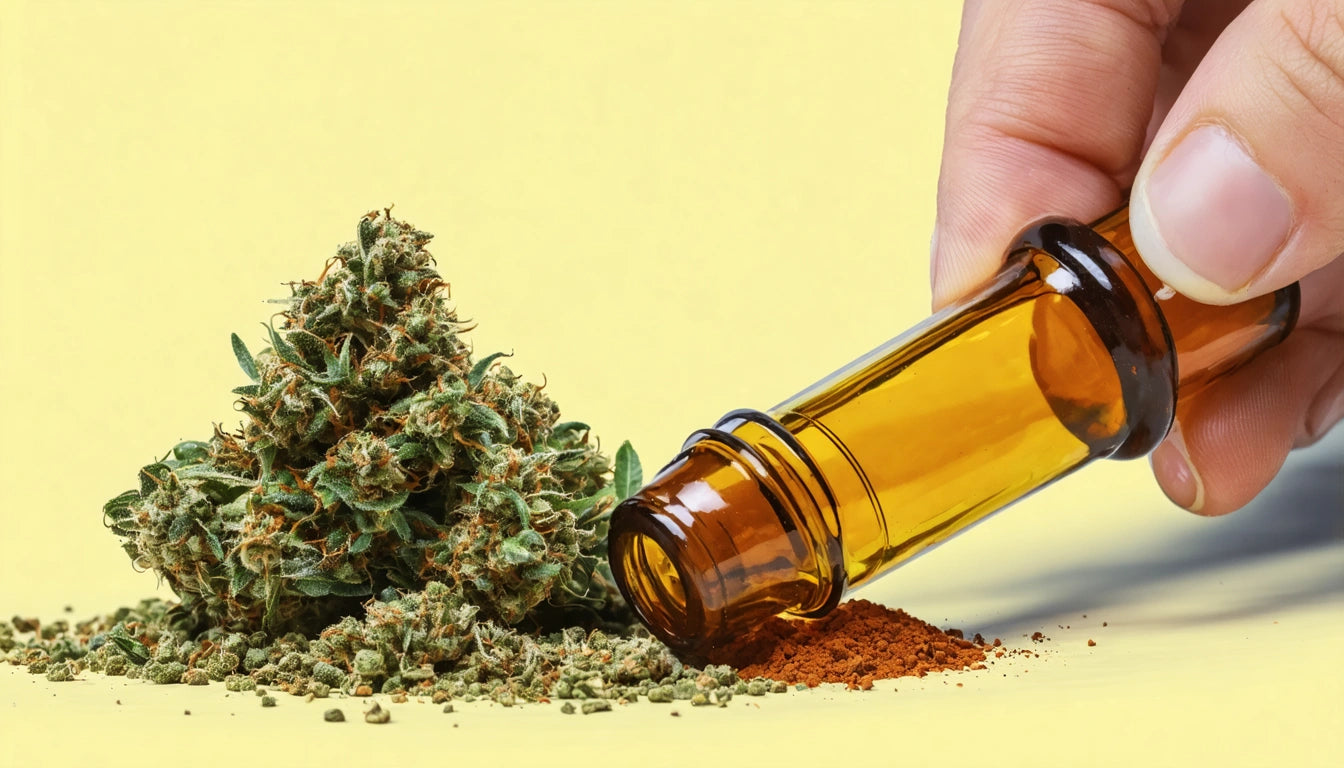Table of Contents
How to Obtain a Medical Marijuana Card: A State-by-State Guide
Accessing medical marijuana legally requires obtaining a state-issued medical marijuana card in most jurisdictions. The process varies significantly from state to state, with different requirements, costs, and qualifying conditions. This comprehensive guide breaks down how to get a medical marijuana card across several states, helping patients navigate the sometimes complex application procedures.
Understanding Medical Marijuana Cards
A medical marijuana card (also called an MMJ card) is an official document issued by state authorities that allows patients with qualifying medical conditions to purchase, possess, and sometimes cultivate cannabis for medicinal use. These cards provide legal protection under state law, though it's important to remember that marijuana remains federally illegal.
General Application Process
While specific requirements vary by state, most medical marijuana programs follow a similar general process:
- Confirm eligibility based on state-specific qualifying conditions
- Obtain medical records documenting your qualifying condition
- Schedule an appointment with a registered physician
- Receive a physician's recommendation
- Complete the state application and pay required fees
- Wait for approval and card issuance
Many states now offer online application systems, making the process more accessible. Some even allow for fully online evaluations and applications, particularly since the COVID-19 pandemic.
State-Specific Guidelines
Colorado
Colorado has one of the more established medical marijuana programs in the country. To get a medical marijuana card in Colorado:
- Be a Colorado resident with proof of residency
- Be 18 years or older (minors require parental consent and two physician recommendations)
- Have a qualifying medical condition
- Obtain a recommendation from a physician with an active Colorado license
- Apply through the Colorado Department of Public Health and Environment
- Pay the application fee (typically $25)
Colorado allows online applications and telehealth appointments for medical evaluations, making the process convenient for most patients.
New Jersey
New Jersey's medical marijuana program has expanded significantly in recent years. To get a medical marijuana card in NJ:
- Be a New Jersey resident
- Register with the New Jersey Medical Marijuana Program
- Obtain a certification from a physician registered with the program
- Submit application materials online
- Pay the state fee ($100 standard fee, with reduced fees for qualifying patients)
New Jersey has a specific process for medical marijuana applications that requires working with registered physicians.
Highlight: Patients in most states can now complete their medical marijuana evaluations online, significantly streamlining the application process.
Arizona
Arizona's medical marijuana program is well-established. To get a medical marijuana card in AZ:
- Be an Arizona resident with valid ID
- Have a qualifying debilitating medical condition
- Obtain a physician certification from an MD, DO, naturopath, or homeopath licensed in Arizona
- Submit an application to the Arizona Department of Health Services
- Pay the application fee ($150 standard fee, with reduced fees available)
Arizona's program allows for online applications and renewals, making it relatively accessible for patients.
Maryland
Maryland's medical cannabis program requires:
- Maryland residency
- Registration with the Maryland Medical Cannabis Commission
- A written certification from a registered provider
- Payment of application fees
The Maryland application process is fully online, allowing patients to register, receive physician certification, and submit their applications electronically.
Washington DC
The DC medical marijuana program has unique aspects:
- DC residency is required
- Patients need a recommendation from a DC-licensed doctor
- Application is submitted to the DC Department of Health
- Standard fee is $100, with reduced fees for eligible patients
The DC medical license allows patients to purchase from any registered dispensary in the District.
Connecticut
To get a medical marijuana card in CT:
- Be a Connecticut resident
- Have a qualifying condition certified by a Connecticut-licensed physician
- Register with the Department of Consumer Protection
- Pay the $100 registration fee
Connecticut's program requires annual renewal and physician recertification.
Qualifying Conditions
Each state maintains its own list of qualifying conditions, though some common conditions appear across most programs:
- Cancer
- Glaucoma
- HIV/AIDS
- Chronic pain
- PTSD
- Multiple sclerosis
- Epilepsy/seizure disorders
Some states have more extensive lists than others. For example, New Jersey includes anxiety, migraines, and Tourette's syndrome, while Arizona includes PTSD and severe nausea. Always check your state's current list of qualifying conditions before applying.
Costs and Renewal Information
Medical marijuana card costs typically include:
- Physician evaluation fees ($100-$250)
- State application fees ($25-$200)
- Renewal fees (similar to initial application fees)
Most states require annual renewal, though some offer cards valid for two years. Renewal typically involves a new physician certification and payment of state fees. When purchasing medical marijuana, patients should consider using proper storage solutions like mylar bags to maintain product freshness and potency while ensuring compliance with state storage regulations.
Navigating State Differences
The variation between state programs creates challenges for patients, especially those who travel or relocate. Some states offer reciprocity, honoring out-of-state medical marijuana cards, while others do not. States like Arizona have streamlined their application processes significantly, while others maintain more rigorous requirements.
As marijuana laws continue to evolve, these processes may change. Patients should always verify current requirements through official state websites or licensed medical marijuana doctors. While the application process may seem daunting, most states have worked to simplify their systems, making medical marijuana increasingly accessible to qualifying patients.











Leave a comment
All comments are moderated before being published.
This site is protected by hCaptcha and the hCaptcha Privacy Policy and Terms of Service apply.